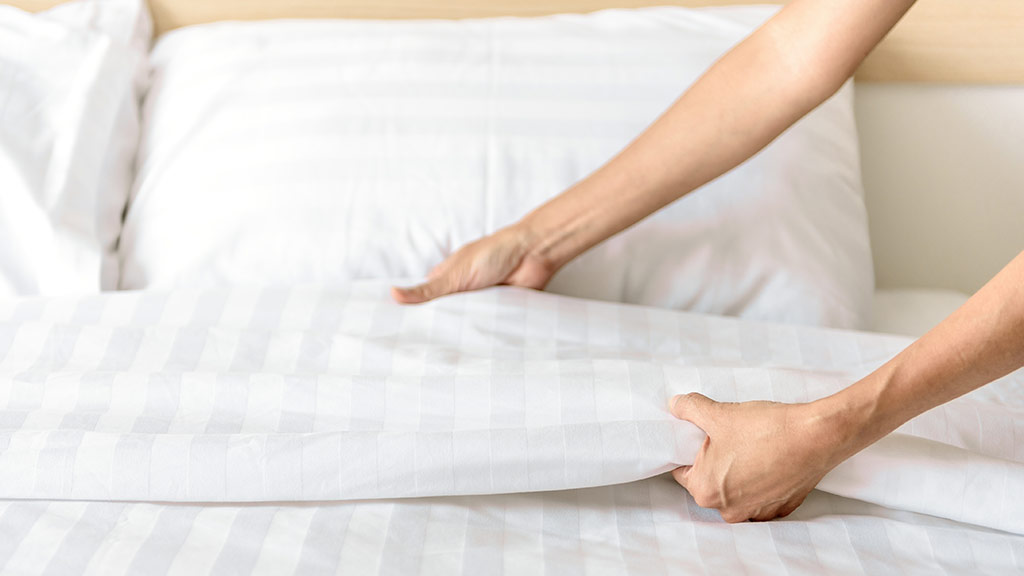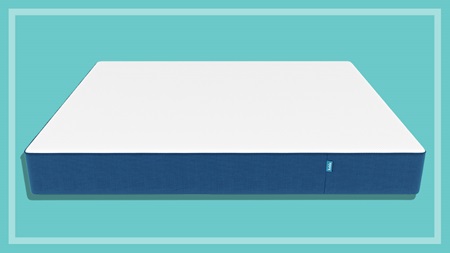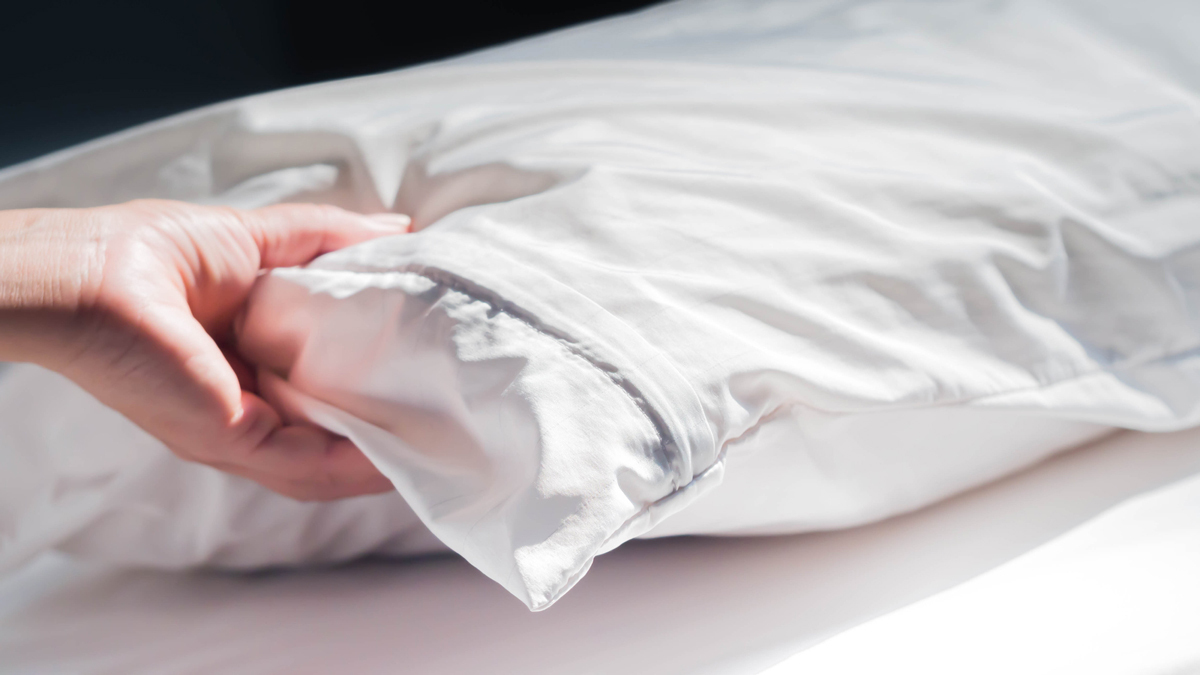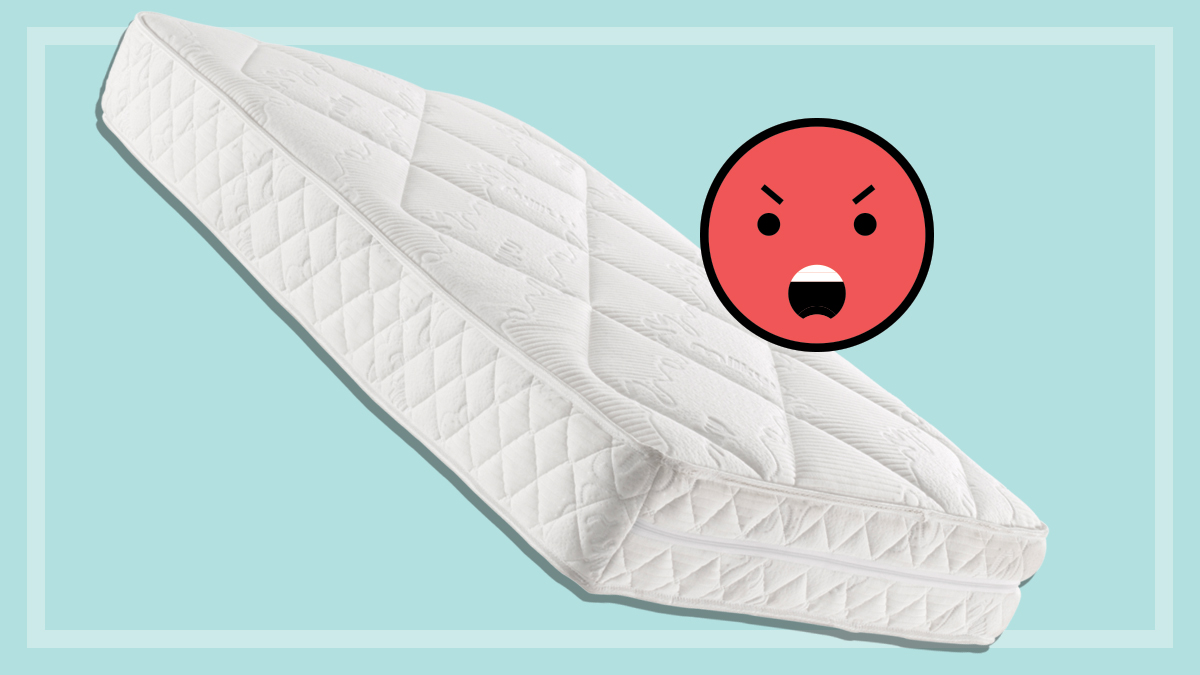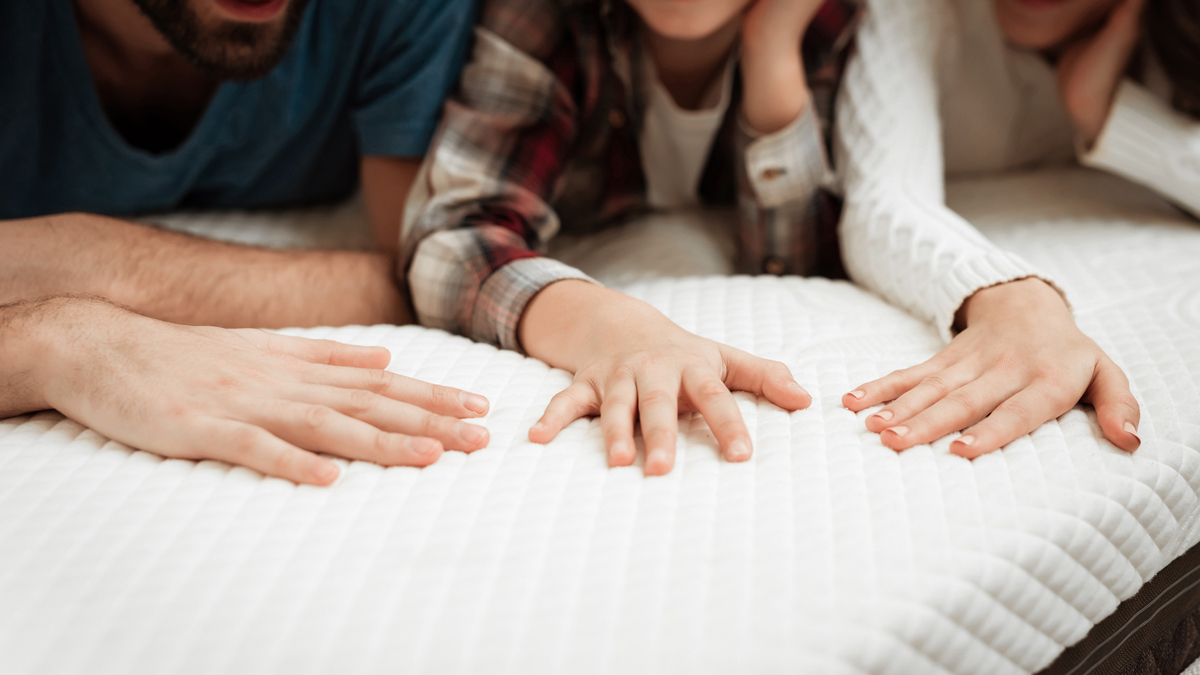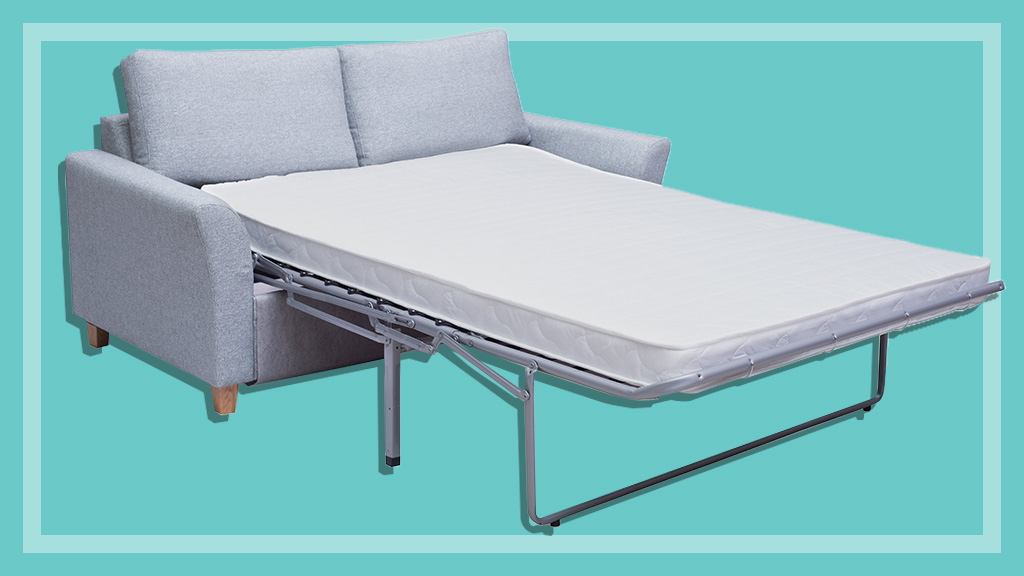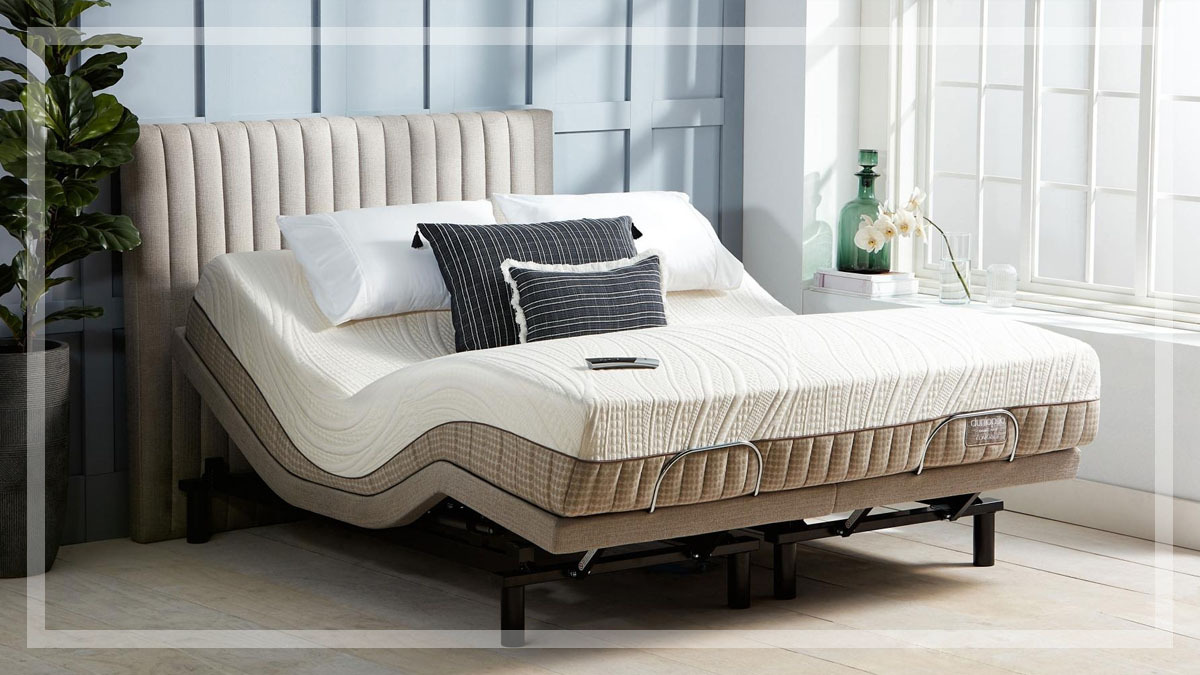What does thread count mean?
A high thread count isn't as important as it seems.
Last updated: 13 May 2024
Thread count is among the most pervasive bedding buzzwords as we’ve typically been lead to believe that a higher count means better quality fabric. But this number alone won’t help you pick the best sheets on as shelf.
Thread count explained
As you might expect, ‘thread count’ generally refers to the number of threads on a piece of cotton sheeting. It’s a label often used to upsell expensive sheets.
The size of the area used to measure thread count varies by country and manufacturer – some use inches, others centimetres. There’s no industry standard, and manufacturers don’t have to tell you how they’ve counted those tiny fibres. So thread count alone isn’t a reliable buying guide.
Is a higher thread count better?
There are only so many threads that can fit into the measurement area without making an overly-dense sheet. However, manufacturers seem to keep finding ways to cram more and more threads into this small space without thickening things up. This is why ‘optimal thread counts’ have increased steadily over the years.
But, these claims become rather dubious once you hit a certain number of threads. Brands can get away with using multi-ply threads while claiming that each ply in a thread counts towards the thread count.
For example, sheets with a thread count of 400 may use single ply material. The ‘higher quality’ 800-thread sheets from the same company likely use two-ply thread to bump up the count. Why is this a problem? Multi-ply threads don’t tend to be as durable due to their smaller size, so your sheets won’t last as long. Also, you’re not really getting any extra threads, just extra ply and that has little to no impact on comfort.
What’s a good thread count?
This marketing ploy means that a maximum thread count doesn’t really exist. But there is a point where manufacturers have to start using multi-ply.
A thread count of 200 is the ideal starting point for cotton sheets. Single-ply typically caps out at around 400–500 threads. After that, manufacturers have to use two-ply thread which is fine, but not as robust. Thread counts of 800–1000 or more likely use multi-ply threads which are more expensive and less durable with limited benefits.
So in terms of thread count alone, anything around 200–400 will be good quality and comfortable, broadly speaking. But thread count is just one piece of the puzzle. The material, its quality, the type of yarn and the weave type are just as (if not more) important.
Material and preparation
Natural materials like cotton are generally better than their synthetic counterparts. They tend to breathe more which makes for a better night’s sleep. The quality of the yarn also makes a difference. Try to find out where the manufacturer sourced their yarn and question the brand’s quality and reputation.
Fabric softness depends a lot on how the cotton threads are spun or treated before they’re turned into sheets. If coarser threads are used in weaving, a high thread count bed sheet won’t feel much different to one with a lower thread count.
Quality sheet types
Egyptian cotton sheets are made from a species of cotton known for its quality. This type of cotton makes fabric that’s luxurious and durable, lasting decades with the right care.
Sateen is a type of fabric made from pre-treated cotton using a satin weaving style. You’ll generally find these sheets are soft and luxurious, but the material can pill and wrinkle more than Egyptian cotton.
Percale is a closely woven fabric that’s durable, smooth and crisp. Percale weave is often used in bed covers and sheets with complicated patterns.
Other materials such as silk, flannel and microfibre don’t use thread count at all. Instead, the quality is based on weight.
Terms like ‘percale’ and ‘sateen’ describe how cotton is woven, and will affect how the fabric feels. Adjectives like ‘luxury’, ‘smooth’ and ‘soft’ are marketing speak and are a pretty meaningless indicator of quality. A quick feel of the fabric is a better bet when it comes to choosing the right sheets for you.
Related
Peter Zaluzny is a Content producer in the Digital home team. He covers everything from home entertainment and personal safety devices to tech for your car and mattresses.
Peter enjoys cutting through the nonsense to help people understand the products they’re considering to buy. He helps consumers make educated, informed decisions.
Peter has a Bachelor's degree in Journalism and a Bachelor of Arts from the University of Wollongong. LinkedIn
Peter Zaluzny is a Content producer in the Digital home team. He covers everything from home entertainment and personal safety devices to tech for your car and mattresses.
Peter enjoys cutting through the nonsense to help people understand the products they’re considering to buy. He helps consumers make educated, informed decisions.
Peter has a Bachelor's degree in Journalism and a Bachelor of Arts from the University of Wollongong. LinkedIn

